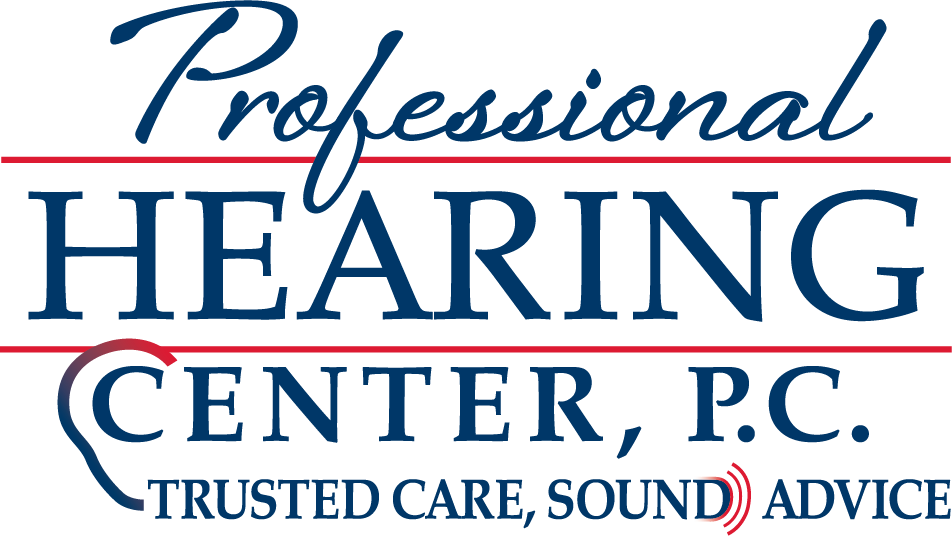
Normally, hearing loss is thought of as an issue that affects our personal life. It’s about you and your well being, between you and your hearing specialist. Private. And on an individual level that’s true. But when we talk about hearing loss in a broader context, as something that affects 466 million people, it’s important that we also frame it as a public health issue.
That just means, generally speaking, that hearing loss should be thought about as something that has an impact on society as a whole. So as a society, we need to think about how to deal with it.
Hearing Loss Comes With Consequences
William has hearing loss. He just learned last week and against the suggestion of his hearing professional, that he can wait a while before looking into with hearing aids. Unfortunately, this impacts William’s job performance; it’s harder for him to follow along in meetings, it takes him longer to get his work done, and so on.
He also stops venturing out. It’s just too difficult to keep up with all the levels of conversation (most people talk too much anyway, he thinks). So instead of going out, William isolates himself.
With time, these decisions accumulate for William.
- Economic cost: Neglecting his hearing loss can affect his income over time. Some amount of unemployment can be caused by hearing loss according to the World Health Organization. Overall, this can cost the world economy as much as $105 billion in lost income and revenue. This level of lost income is just the beginning of the story because it ripples through the entire economic system.
- Social cost: William’s friends and family are missing him! His social separation is costing him relationships. His friends could think he is ignoring them because they may not even know about his hearing loss. It can come across as anger or insensitivity. His relationships are becoming tense due to this.
Why It’s a “Public Health” Problem
While on an individual level these costs will certainly be felt (William may miss his friends or be down about his economic situation), everyone else is also influenced. William doesn’t spend as much at local stores because he has less money. With fewer friends, more of William’s care will have to be performed by his family. Over-all, his health can become affected and can result in increased healthcare costs. The costs then get passed along to the public if he isn’t insured. And so, in that way, William’s hearing loss affects those around him quite profoundly.
Now take William and multiply him by 466 million and you can get an idea of why public health officials look at hearing loss very seriously.
How to Handle Hearing Loss
Luckily, this particular health issue can be treated in two simple ways: treatment and prevention. When you correctly treat hearing loss (normally by using hearing aids), you can have very dramatic results:
- You’ll be capable of hearing better, and so it will be easier to engage in many everyday social facets of your life.
- With treatment for hearing loss, you might be capable of lowering your risk of several connected conditions, such as anxiety, depression, dementia, or balance issues.
- Your relationships will improve because communicating with friends and family will be easier.
- The demands of your job will be more easily handled.
Promoting good physical and mental health starts with managing your hearing loss. It makes sense, then, that a lot more medical professionals are prioritizing the care of your hearing.
It’s just as important to think of prevention. Insight about how to protect your ears from loud harmful noise can be found in countless public health commercials. But common noises such as mowing your lawn or listening to headphones can even cause hearing loss.
You can get apps that will keep track of noise levels and alert you when they get too loud. One way to have a huge effect is to protect the public’s hearing, often with education.
We Can go a Long Way With a Little Help
Some states in the U.S. are even altering the way that health insurance treats hearing health. That’s a strategy founded on strong evidence and strong public health policy. When we change our thoughts concerning hearing loss, and about preventing hearing loss, we can dramatically affect public health in a good way.
And everyone is helped by that.
